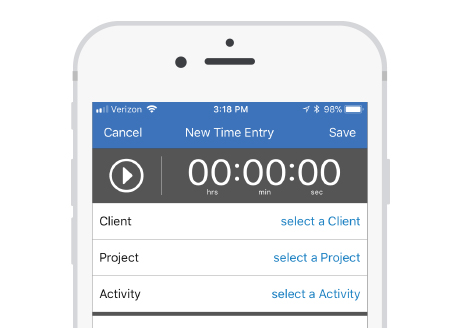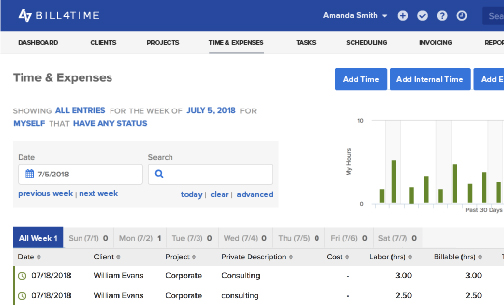While free time trackers are available that record working hours, these tools often fall short in addressing the comprehensive list of needs in the billing lifecycle. Let’s explore why.
Free time tracking solutions may seem attractive initially due to their no-cost nature, but they often lack advanced features critical for legal professionals. One major limitation is the lack of customization for different types of legal work. Legal billing is complex and requires a system that can adapt to various billing arrangements, whether it’s hourly, flat fee, or contingency. Free tools often provide a one-size-fits-all approach, which isn’t practical in the legal sector.
Another area where free time trackers fall short is in detailed
reporting. Legal professionals need comprehensive reports to analyze time spent on different practice areas, client billing histories, and firm productivity. Free time trackers usually don’t offer reporting features, which can hinder a law firm’s ability to make informed decisions based on their billing data.
Integration with other platforms and software is also a common issue. A law firm needs time tracking and billing software to work seamlessly with case management systems, document management tools, and accounting software. Free time trackers usually have limited
integration capabilities, making it difficult to maintain a streamlined workflow.
Security and compliance are vital in the legal industry. Client information and case details are sensitive data that require high-level security protocols. Free time tracking tools may not offer the robust security features necessary to protect this data, posing a risk to client confidentiality and firm reputation.
Finally, the absence of
dedicated customer support in free time trackers can be a significant drawback. Legal professionals often need immediate assistance with their billing software, and free tools typically offer minimal or no support, leading to potential disruptions in billing processes.
So, although there are free time trackers that can record billable hours, they often don’t meet the specific needs of legal billing. Attorneys will find that investing in a paid law firm time tracking software is more beneficial for efficient and secure legal billing management in the long run.




